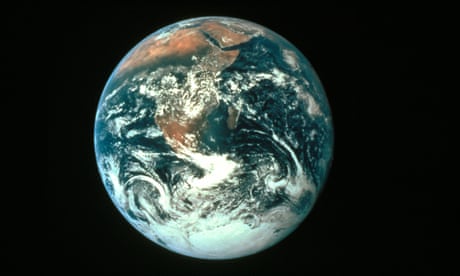
Stop the destruction of the environment and the future of mankind
- by: Hadu Zit
Earth is home to millions of species. Just one dominates it. Us. Our cleverness, our inventiveness and our activities have modified almost every part of our planet. In fact, we are having a profound impact on it. Indeed, our cleverness, our inventiveness and our activities are now the drivers of every global problem we face.
Rewilding plans by conservationists, similar to efforts to reintroduce wolves, lynx and other species to the UK, could also be harmed by the loss of wilderness, because the world risked losing a true picture of what certain ecosystems looked like.
And every one of these problems is accelerating as we continue to grow towards a global population of 10 billion. In fact, I believe we can rightly mua ban nha dat call the situation we're in right now an emergency – an unprecedented planetary emergency.
Humans have destroyed a tenth of Earth's remaining wilderness in the last 25 years and there may be none left within a century if trends continue, according to an authoritative new study.
Researchers found a vast area the size of two Alaskas – 3.3m square kilometres – had been tarnished by human activities between 1993 and today, which experts said was a "shockingly bad" and "profoundly large number".
The Amazon accounted for nearly a third of the "catastrophic" loss, showing huge tracts of pristine rainforest are still being disrupted despite the Brazilian government slowing deforestation rates in recent years. A further 14% disappeared in central Africa, home to thousands of species including forest elephants and chimpanzees.

The loss of the world's last untouched refuges would not just be disastrous for endangered species but for climate change efforts, the authors said, because some of the forests store enormous amounts of carbon.
"Without any policies to protect these areas, they are falling victim to widespread development. We probably have one to two decades to turn this around," said lead author Dr James Watson, of the University of Queensland and Wildlife Conservation Society.
The analysis defined wilderness as places that are "ecologically largely intact" and "mostly free of human disturbance", though some have indigenous people living within them. The team counted areas as no longer wilderness if they scored on eight measures of humanity's footprint, including roads, dich vu seo lights at night and agriculture.
By signing, you accept Care2's Terms of Service.
You can unsub at any time here.
Having problems signing this? Let us know.